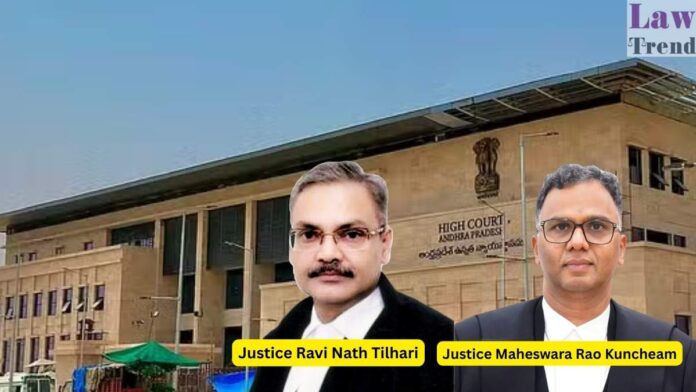The Andhra Pradesh High Court, in a significant ruling, has held that a civil suit cannot be rejected at the preliminary stage of registration on the ground that it is barred by limitation if the issue of limitation is a mixed question of law and fact that requires evidence. The court emphasized that at this
To Read More Please Subscribe to VIP Membership for Unlimited Access to All the Articles, Download Available Copies of Judgments/Order, Acess to Central/State Bare Acts, Advertisement Free Content, Access to More than 4000 Legal Drafts( Readymade Editable Formats of Suits, Petitions, Writs, Legal Notices, Divorce Petitions, 138 Notices, Bail Applications etc.) in Hindi and English.




